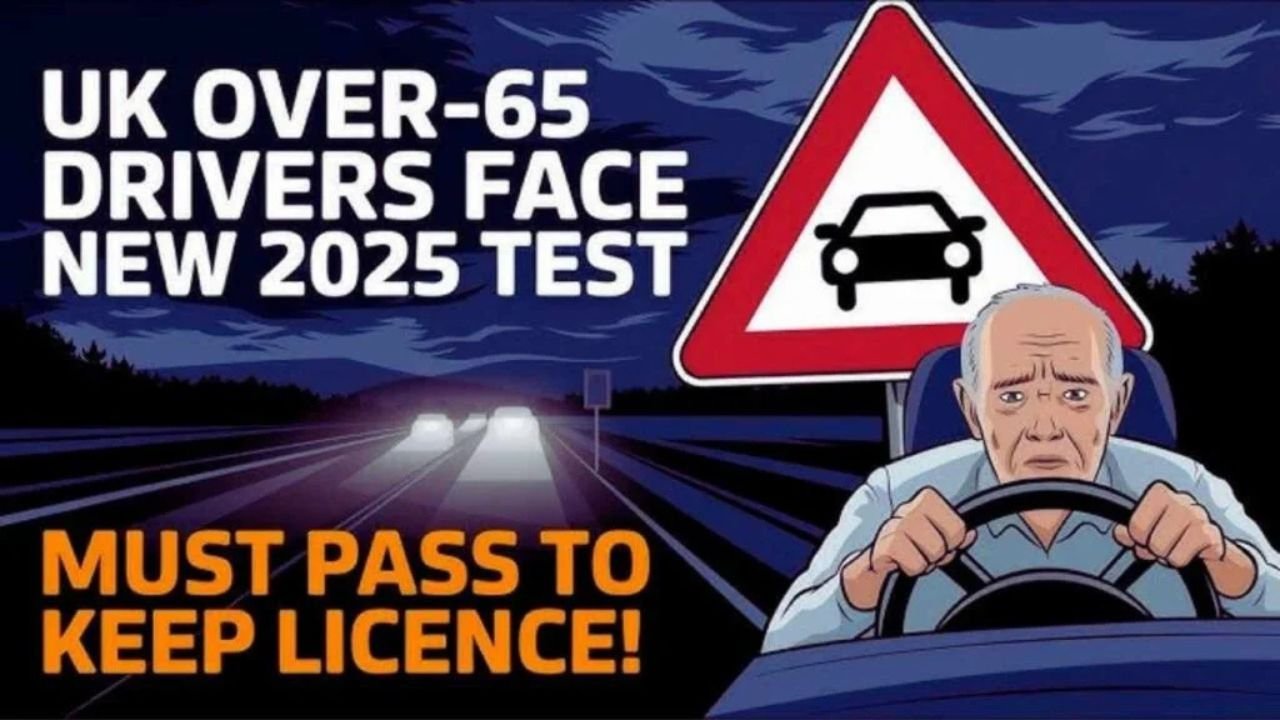From September 2025, a significant change in driving regulations will come into effect for senior drivers across the UK. The government has updated the rules to ensure road safety while allowing elderly motorists to maintain their independence. This move comes after a series of reviews and consultations that highlighted the need for a balance between safety and mobility.
Key Changes in Licensing for Seniors
The most notable adjustment concerns the renewal process for driving licences. Currently, drivers over the age of 70 must renew their licence every three years by self-certifying their medical fitness. Under the new rules, the process will include more stringent medical checks and, in certain cases, an assessment of driving ability.
Why the Rule Was Introduced
The change has been introduced in response to growing concerns about road accidents involving elderly drivers. While many seniors continue to drive safely well into their later years, age-related conditions such as slower reaction times, vision problems, and health issues can increase risks on the road. The government aims to create a fair system that identifies those fit to drive while ensuring road safety for all.
How the New System Works
From September 2025, all drivers aged 70 and above will be required to undergo a basic health check during licence renewal. Depending on the results, some drivers may be asked to provide a medical report from their GP or undergo a short driving assessment. Those who pass will continue driving with no restrictions, while those who show certain health concerns may be given conditional licences.
Table: New Rules for Senior Drivers (Effective September 2025)
| Age Group | Current Rule | New Rule (from Sept 2025) |
|---|---|---|
| 70–74 | Self-certify medical fitness every 3 years | Basic health check required at renewal |
| 75–79 | Self-certify medical fitness every 3 years | GP medical report may be required |
| 80+ | Self-certify medical fitness every 3 years | Driving assessment may be introduced along with medical checks |
Impact on Senior Drivers
For most elderly drivers, the process will remain straightforward, especially if they are in good health. However, the new checks will ensure that drivers with certain medical conditions receive appropriate support and guidance. Conditional licences, for example, may allow seniors to drive only during daytime hours or within a limited distance from their home.
Preparing for the Change
Seniors and their families are encouraged to prepare early by keeping medical records updated, scheduling regular eye tests, and discussing any health concerns with their GP. The government will also launch an awareness campaign to ensure elderly drivers are informed and supported through the transition.




